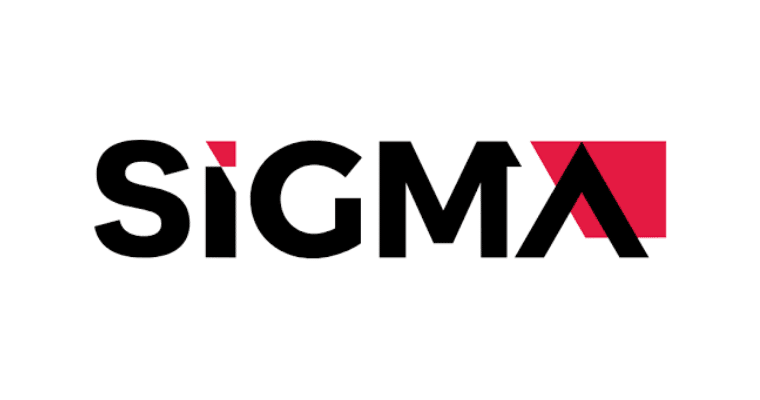Russia Proposes New Bitcoin Legislation
During the last couple of months, the attitude that Russia has manifested towards Bitcoin has definitely been passive-aggressive. The country recently decided to crack down even further on digital currency use.
Before anything else, it is important to mention that the latest crackdown doesn’t affect individual Bitcoin users, but rather those using the coin for a profit, as well as businesses. Without further ado, on the 25th of October, Russian President Vladimir Putin, decided to sign a presidential decree ordering the government to draft up legislation covering a couple of topics: Bitcoin mining, initial coin offerings, and the sandbox project.
When it comes down to Bitcoin mining after the new laws are completed, miners on the Russian territory will be required to go and register with the authorities, and also pay tax on the amount they make while mining.
The biggest impact of the new laws will be on initial coin offerings. Because the Russian government considered ICOs a gamble, much like Bitcoin and Ethereum gambling sites, they have decided to place stricter protocols into place; therefore, making ICOs ‘less-mysterious’, and making them subject to rules usually applicable to initial public offerings (IPOs). For those who do not know, ICOs represent an excellent way for startups to raise money through crowdfunding by offering investors tokens in exchange for their capital. These tokens can later be used to take advantage of the services being provided by the company, or can directly be sold for a profit once their value increases. Many Bitcoin casino projects will also be affected by this, as there has been a rumour that a few Bitcoin startups were getting ready to launch their very own tokenized casinos, which would offer a couple of additional benefits.
Last but not the least, we also have the new sandbox regulations, which is a project due by March of 2018. Practically, it is more of a test-hub for blockchain developers to prove to authorities how their systems work, prior to getting authorization for releasing them to the masses.
Based on everything that has been outlined so far, what do you personally think about the latest developments for digital currencies made in the Russian space? Let us know your thoughts in the comment section.





